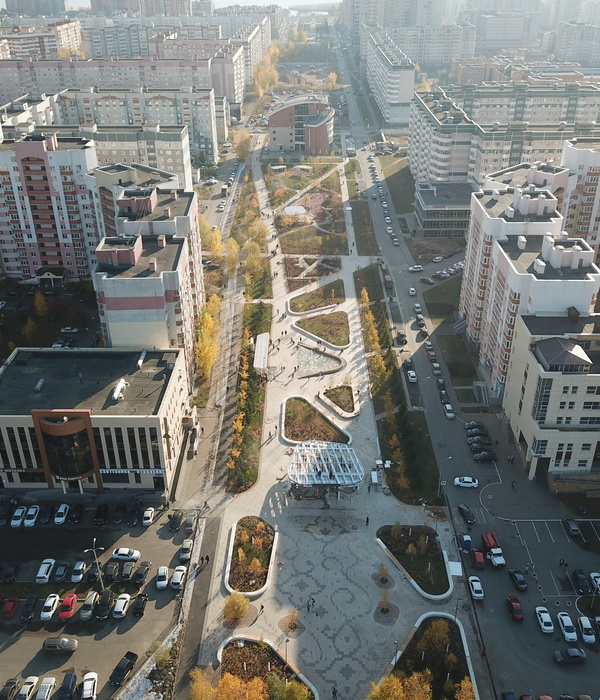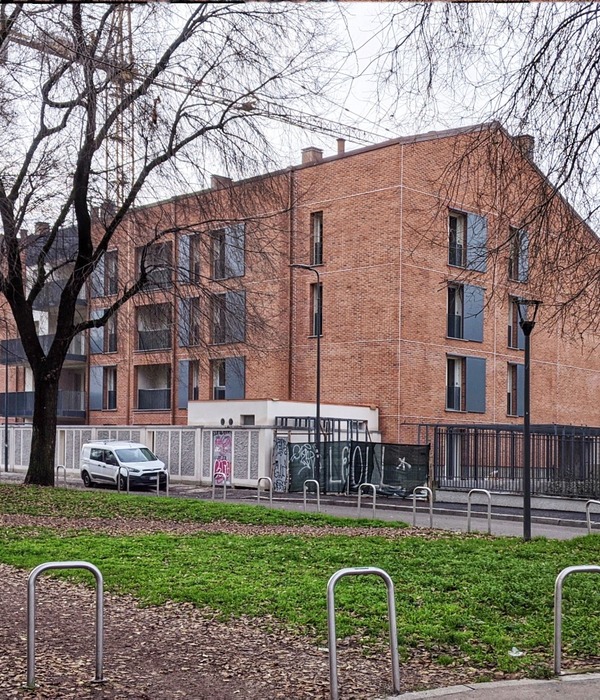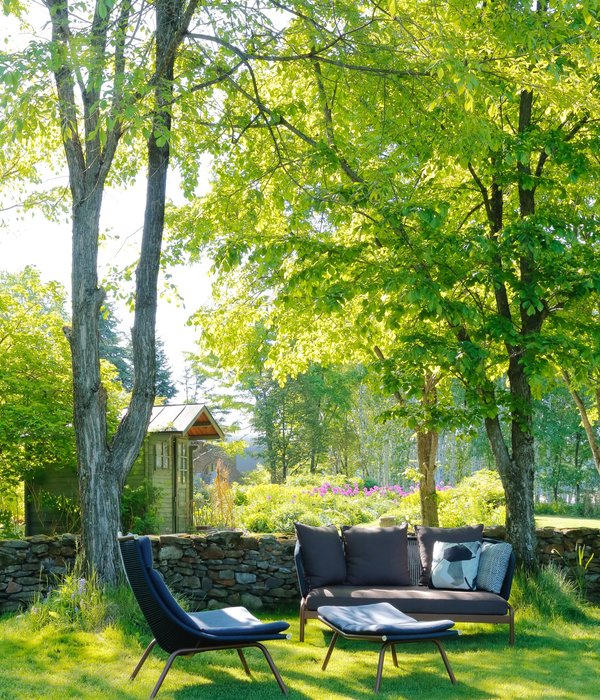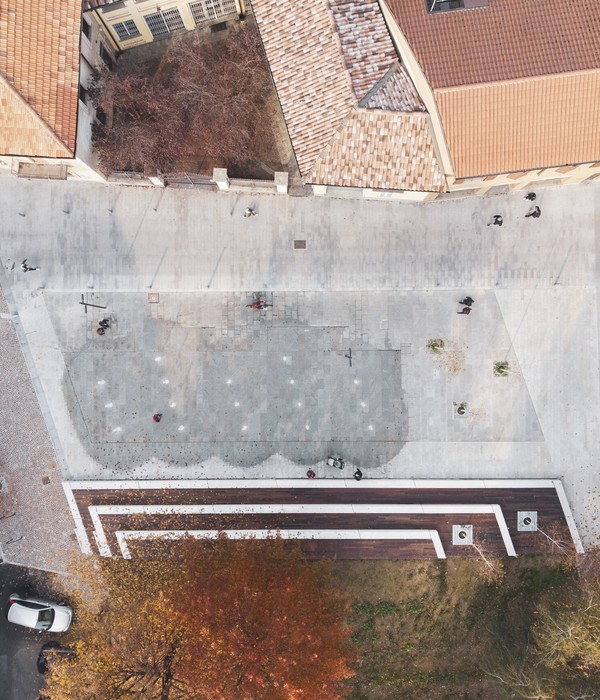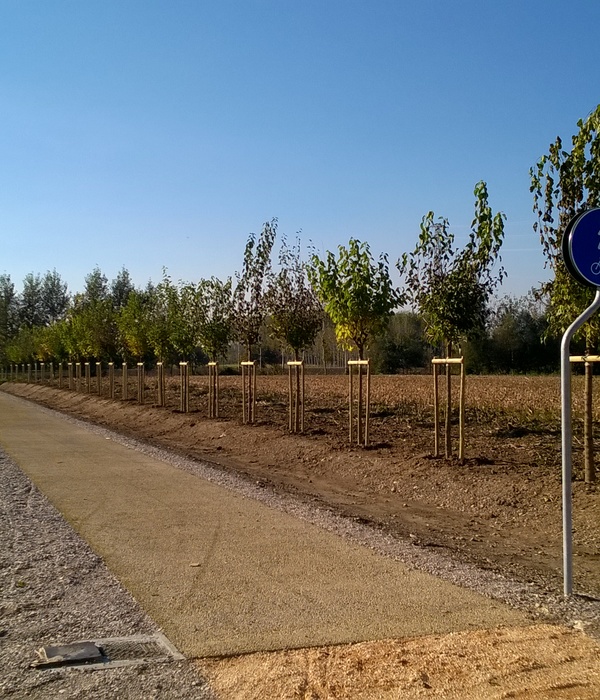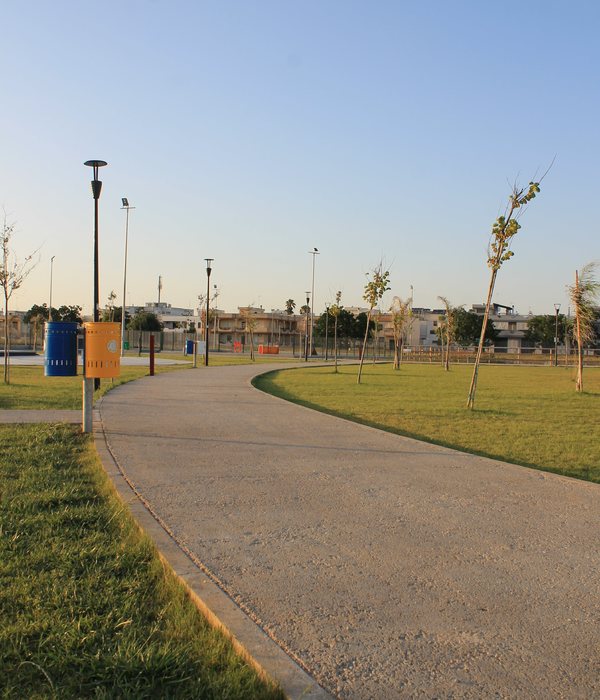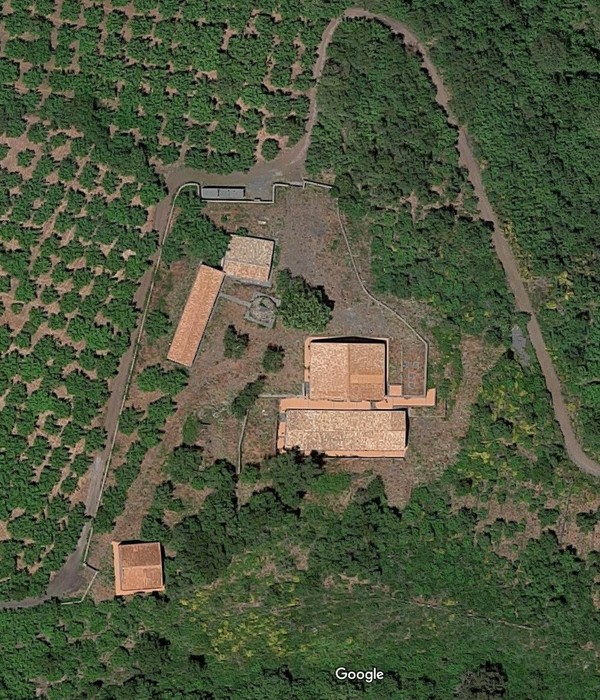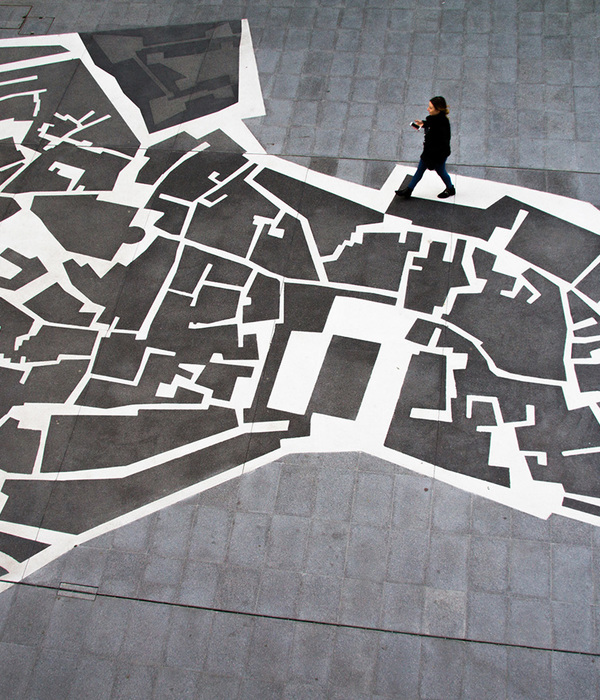MVRDV’s design offers a living dictionary of the natural heritage of South Korea to the city centre of Seoul. It connects the city dwellers with the nature, offering the users the opportunity of experiencing the amazing views to the Historical Seoul Station and Namdaemun Gate. It is an educational arboretum and a nursery for future species. How can we transform a 1970’s highway into a Skygarden? How can we change the daily life of thousands of people who cross Seoul’s city centre every day? How can we create a unique public park in the heart of Seoul with a diverse amount of plant species?
THE SKYGARDEN The newly pedestrianised viaduct next to Seoul's main station is the next step towards making the city greener, friendlier and more attractive.
Since the project began in May 2015, the main challenge of the Skygarden project has been to transform a 938-meter long existing overpass into a public garden, overlaying a matrix of Korean flora onto the 16m elevated steel structure. From the start, MVRDV engaged with the need to change this infrastructural element into a green symbol, changing the image of the city centre of Seoul. Together with the Seoul’s Municipality, local NGO’s, landscape teams and city advisers, MVRDV was deeply committed to accommodating the biggest diversity of flora into a strictly urban condition.
The park is populated by 16 small pavilions such as cafes, shops, exhibitions, gardener’s pavilions, trampolines, foot bath, stage and children’s theatre and information centre as well. They enhance the experience of the users, boosting the park with extra fun activities that engage the city on a cultural and commercial level. Multiple stairs, lifts, bridges and escalators connect the city to the new park, rebounding it to the adjacent urban fabric.
THE ARBORETUM The Skygarden located in the heart of Seoul is a plant village, an ever-changing landscape that accommodates the biggest variety of Korean species into a public park, gathering 52 families of plants including trees, shrubs and flowers displayed in 645 tree pots, collecting around 160 species and sub-species. In total, the park will include 24,000 plants (trees, shrubs and flowers).
The linear park was designed as a collection of small gardens, each one with its very own layout, perfume, colour and identity. The landscape will change according to the seasons: the bright colours of leaves in autumn of the Aceraceae family (maples), the blossom of cherry trees and rhododendron in spring, the evergreen conifers trees in winter and shrubs and trees bearing fruit in summer.
Some of the flora highlights are the two large squares: the colourful Rosa Square where one can enjoy concerts and performances, next to the flowery tree pots and the Magnolia Square with an open-air stage and café.
The huge water lilies ponds on the Nymphaeaceae area and the photogenic Ginko trees are also a must-see in the garden. There will be edible berries and fruit spread over the Skygarden and succulent plants in the area from the Crassulacean family. More than 800 mobile tree pots will be added to the garden to enhance the change in seasons.
Just like an open-air encyclopaedia, the plant families are organised in alphabetic order, from East to West, creating easy navigation to finding the species on display.
THE SATELLITES The urban-nursery will act as a reference and a source of inspiration for future developments in Seoul and Korea in general. The Skygarden aims to expand its roots to the surrounding areas of the bridge, be creating a strategy to transform it into a much greener and pedestrian-friendly condition. The green strategy includes increasing the number of pedestrian streets and green squares, giving more space for pocket gardens, green alleys, green roofs, green parking and terrace projects to grow and expand, as part of this satellite expansion around the bridge.
The plant library should be credited to Ben Kuipers (Dutch Landscape Designer) and KECC, the local landscape partner.
{{item.text_origin}}

